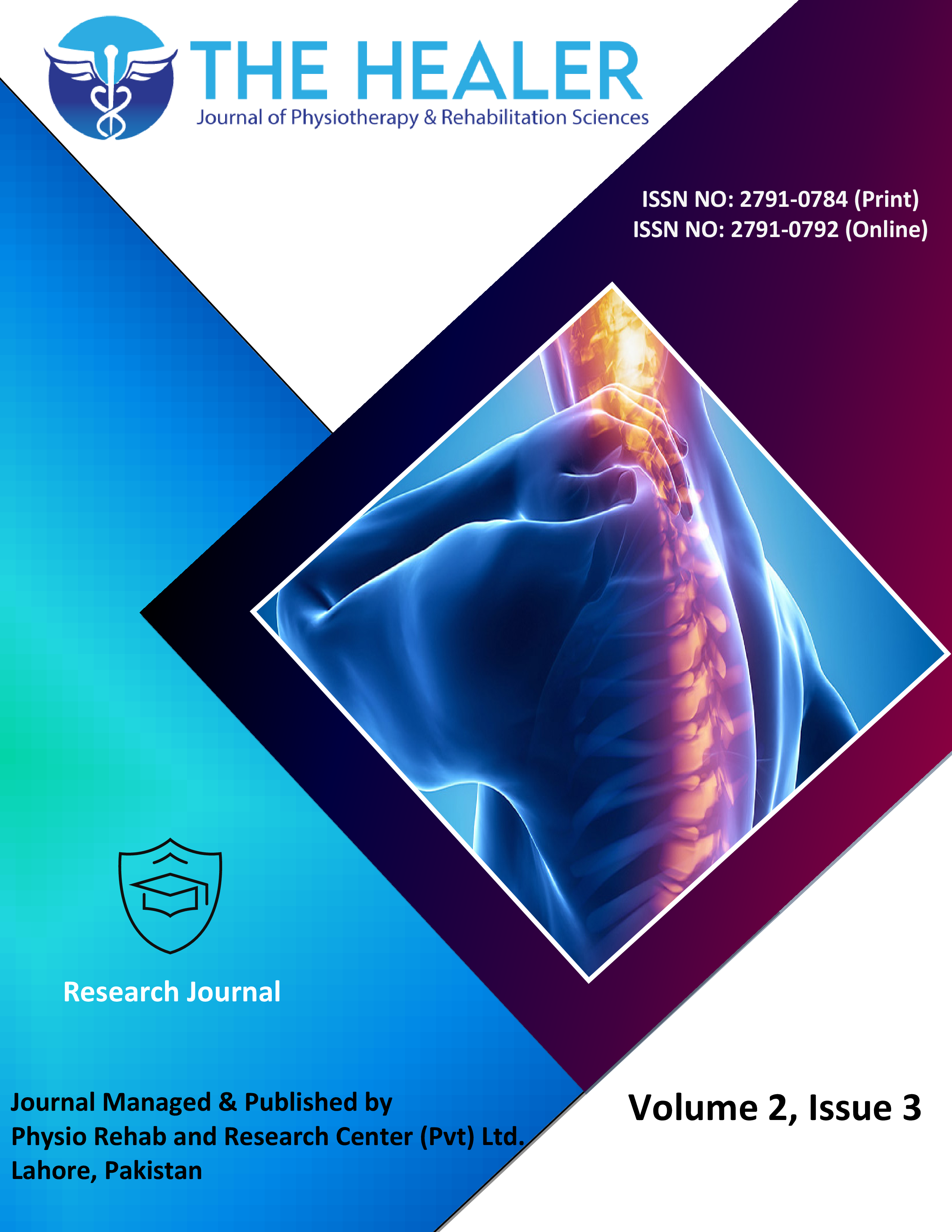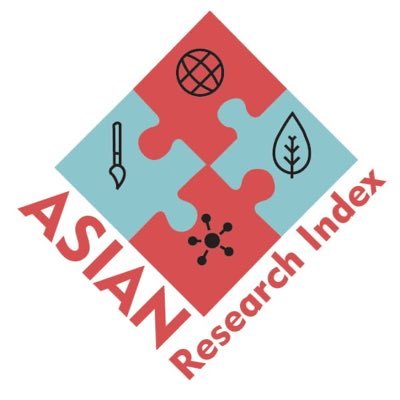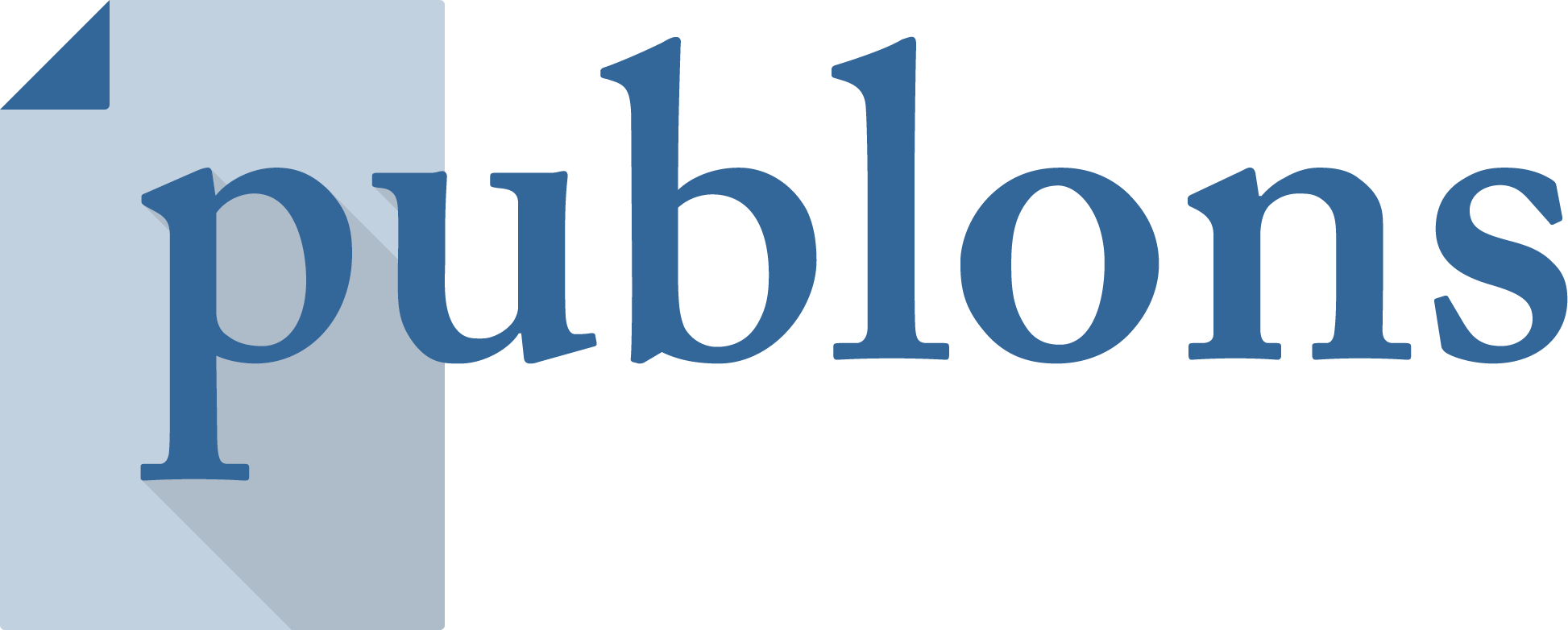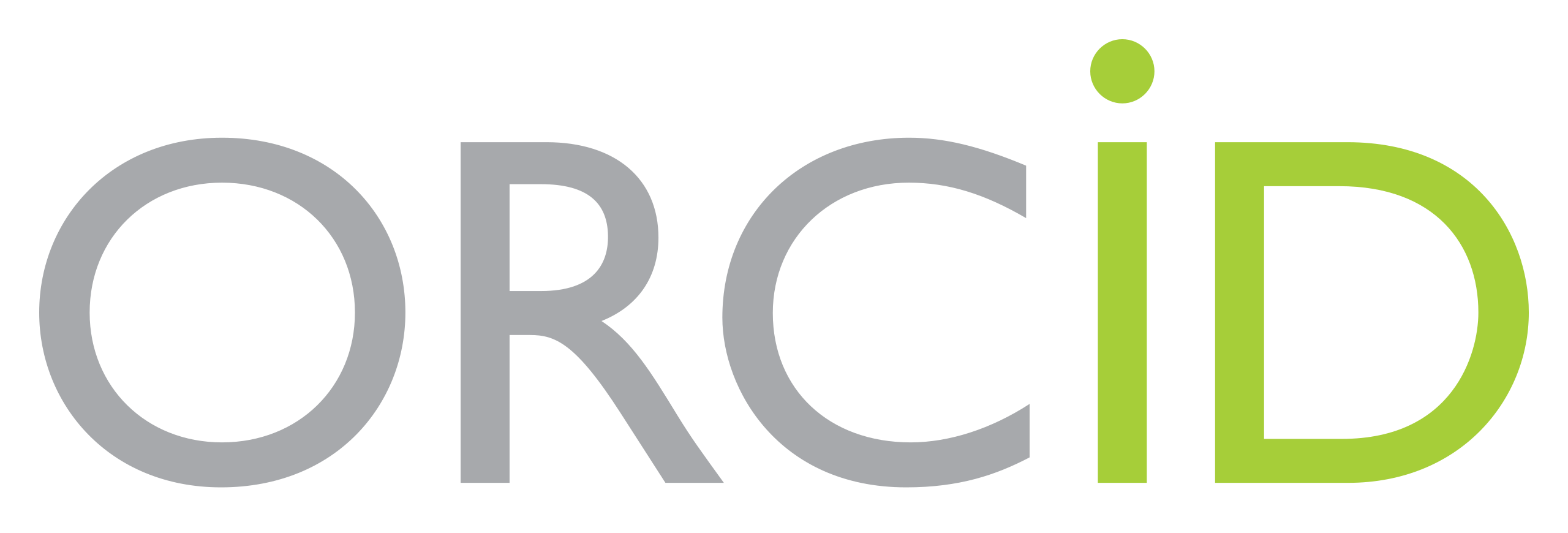Social Media Usage and its Association with Academic Performance of Undergraduate Physical Therapy Students
Social Media Usage in Students
DOI:
https://doi.org/10.55735/hjprs.v2i3.100Keywords:
Physical Therapy, Social Media Usage, Social Networking Sites, Undergraduate StudentsAbstract
Background: Social media has become popular among the young generation around the globe. The students are under much influence of this platform and spend their maximum time and energy on it which may affect their personal, academic and professional lives. Objective: To find out the role of social media usage and its association with the academic performance of undergraduate physical therapy students. Methods: This cross-sectional study was conducted from March to September 2022 using an online survey of three public and private sector universities in Lahore, Pakistan. Data was collected from 325 undergraduate physiotherapy students and a pre-designed self-reported questionnaire was used to collect data. Cross tabulation and chi-square analysis was used to determine the association between characteristics of social media use and academic performance. The p-value was set at ≤0.05. Results: Among 325 participants, 211 (65%) were females and 114 (35%) were males and the mean age was 21.92 ± 1.75 years. About 145 (45%) undergraduate physical therapy students had been using social media for the last 3 to 4 years, 203 (63%) had used it more than six hours/day and 190 (59%) mainly used that for educational stuff. A total of 165 (51%) had excellent grade point averages and no association was observed between social media usage and academic profile. Conclusion: The majority of students used social media for more than six hours per day for educational and informational purposes and had excellent CGPA. WhatsApp, YouTube and Instagram were the most commonly used social media platforms by the students.
Downloads
References
Jha RK, Shah DK, Basnet S, Paudel KR, Sah P, Sah AK, et al. Facebook use and its effects on the life of health science students in a private medical college of Nepal. 2016;9(1):1-8. BMC research notes. 2016;9(1):1-8 doi: 10.1186/s13104-016-2186-0.
Hasnain H, Nasreen A, Ijaz H, editors. Impact of social media usage on academic performance of university students. 2nd International Research Management & Innovation Conference (IRMIC); 2015. Retrieved from http://rmc.kuis.edu.my/irmic/wp-content/uploads/2014/12/IMPACT-OF-SOCIAL-MEDIA-USAGE-ON-ACADEMIC-PERFORMANCE-OF-UNIVERSITY-STUDENTS.pdf
Hussain ZINZA. The Impact of Social Media Usage on Academic Performance of University Students: Moderating Role of Time of Use. 2018 ; 2(1):234-246. https://doi.org/10.35484/pssr.2018 (2-1)19
Slim H, Hafedh MJTewt. Social media impact on language learning for specific purposes: A study in English for business administration. 2019;19(1):56-71. Retrieved from https://files.eric.ed.gov/fulltext/EJ1204643.pdf
Ebrahimpour A, Rajabali F, Yazdanfar F, Azarbad R, Nodeh MR, Siamian H, et al. Social network sites as educational factors. 2016;24(2):134. DOI: 10.5455/aim.2016.24.134-138
Owusu-Acheaw M, Larson AGJJoE, Practice. Use of social media and its impact on academic performance of tertiary institution students: A study of students of Koforidua Polytechnic, Ghana. 2015;6(6):94-101. Retrieved from https://files.eric.ed.gov/fulltext/EJ1083595.pdf
Sudha S, Kavitha EJLP, Practice. The Effect of Social networking on Students’ Academic Performance: the perspective of faculty members of Periyar University, Salem. 2016;1455. Retrieved from https://core.ac.uk/download/pdf/77948749.pdf
Azizi SM, Soroush A, Khatony AJBp. The relationship between social networking addiction and academic performance in Iranian students of medical sciences: a cross-sectional study. 2019;7(1):1-8. BMC Psychol 7, 28 (2019). https://doi.org/10.1186/s40359-019-0305-0.
Ghanizadeh A, Mosallaei S, Dorche M, Sahraian A, Yazdanshenas PJI. Use of E-Learning in Education: Attitude of Medical Students of Shiraz. 2018:10-3. Retrieved from https://www.imminv.com/abstract/use-of-elearning-in-education-attitude-of-medical-students-of-shiraz-iran-68756.html
Ali M, Yaacob RAIBR, Endut MNA-AB, Langove NUJJoKSU-C, Sciences I. Strengthening the academic usage of social media: An exploratory study. 2017;29(4):553-61. https://doi.org/10.1016/j.jksuci.2016.10.002
Wilson FJEAS, Technology. The Effect of Social Media on the Spelling Ability of Students: A Case Study of Federal College of Education (FCE) Yola. 2018;2(1):2. https://doi.org/10.33805/2576-8484.153
Mushtaq AJ, Benraghda AJLP, Practice. The effects of social media on the undergraduate students’ academic performances. 2018;4(1). Retrieved from https://core.ac.uk/download/pdf/188128705.pdf
Chandrasena P, Ilankoon IJJoE, Promotion H. The impact of social media on academic performance and interpersonal relations among health sciences undergraduates. 2022;11. doi: 10.4103/jehp.jehp_603_21
Kim SY, Kim M-S, Park B, Kim J-H, Choi HGJPo. The associations between internet use time and school performance among Korean adolescents differ according to the purpose of internet use. 2017;12(4):e0174878. DOI: 10.1371/journal.pone.0174878
Ventola CLJP, therapeutics. Social media and health care professionals: benefits, risks, and best practices. 2014;39(7):491. Retrived from https://www.ncbi.nlm.nih.gov/pmc/articles/PMC4103576/
Avcı K, Çelikden SG, Eren S, Aydenizöz DJBme. Assessment of medical students’ attitudes on social media use in medicine: a cross-sectional study. 2015;15(1):1-6. BMC Medical. 2015;15(1):1-6 DOI: 10.1186/s12909-015-0300-y.
Smailhodzic E, Hooijsma W, Boonstra A, Langley DJJBhsr. Social media use in healthcare: a systematic review of effects on patients and on their relationship with healthcare professionals. 2016;16(1):1-14. BMC Health Serv Res. 2016, Dec;16(1):1-4. https://doi.org/10.1186/s12913-016-1691-0
Gok TJIjoRiE, Science. The Effects of Social Networking Sites on Students' Studying and Habits. 2016;2(1):85-93. Available from: http://dx.doi.org/10.21890/ijres.10682
Umar TI, Idris MJJoE, entrepreneurship. Influence of social media on psychosocial behaviour and academic performance of secondary school students. 2018;5(2):36-46. Retrieved from https://hdl.handle.net/10520/EJC-15507bfd4e
Nagi-Watkins S, Carpenter CJP. Undergraduate physiotherapists’ use of social media for learning: a qualitative exploration. 2016;102:e149. DOI: https://doi.org/10.1016/j.physio.2016.10.172.
Mehmood S, Taswir TJIJoA, Commerce. The effects of social networking sites on the academic performance of students in college of applied sciences, Nizwa, Oman. 2013;2(1):111-25. Int. j. arts commer. lit. 2013;2(1):111-25. Retrieved from https://scirp.org/reference/referencespapers.aspx?referenceid=1571817
Mensah SO, Nizam IJIJoE, Learning, Training. The impact of social media on students’ academic performance-A case of Malaysia Tertiary Institution. 2016;1(1):14-21. DOI:10.24924/ijelt/2016.11/v1.iss1/14.21
Orji EI, Eke JA, Zudonu OC, Ihua-Maduenyi GN, Eze CU, Elejere UC, et al. Influence Of Students’ Spent Time On Social Media On Academic Performance Of Science Education Students. 2022;19(2). Retrieved from https://www.researchgate.net/publication/359878835_Influence_Of_Students'_Spent_Time_On_Social_Media_On_Academic_Performance_Of_Science_Education_Students/citations
Junejo HK, Hussain N, Lashari AR. Social Media Usage among University Students and its Impact on Academic Performance, Learning Attitudes and Subjective Wellbeing. Pakistan Social Sciences Review. 2022 Jun 30;6(2):678-88. http://doi.org/10.35484/pssr.2022(6-II)57
Alamri MM. Undergraduate students’ perceptions toward social media usage and academic performance: A study from Saudi Arabia. 2019;14(3):61. DOI:10.3991/ijet.v14i03.9340 .

Downloads
Published
License
Copyright (c) 2022 The Healer Journal of Physiotherapy and Rehabilitation Sciences

This work is licensed under a Creative Commons Attribution 4.0 International License.














